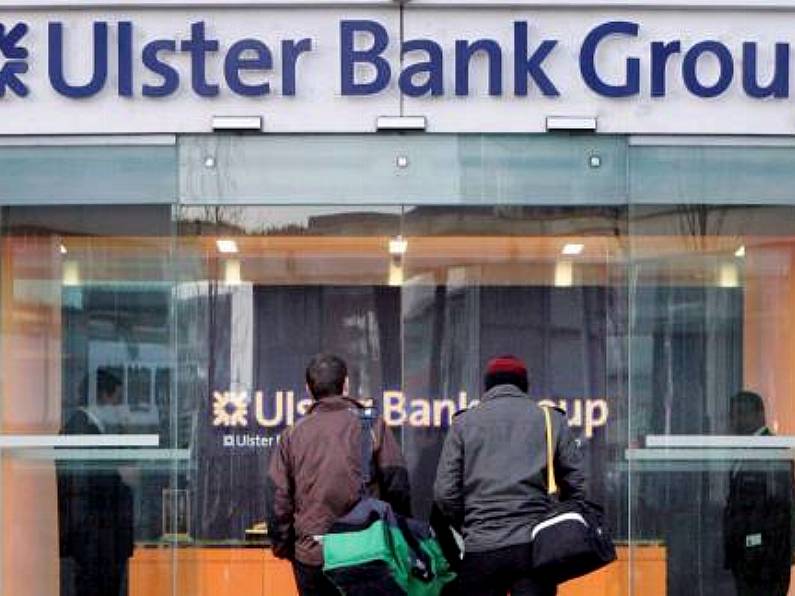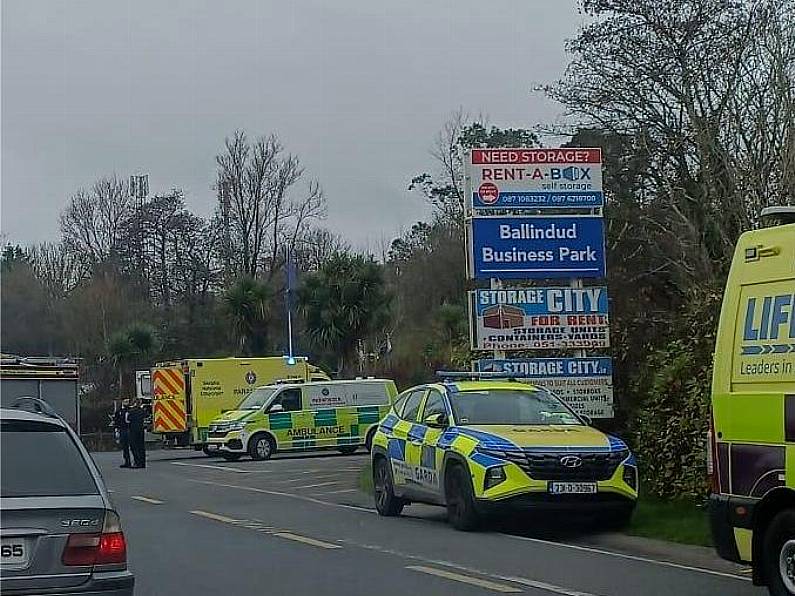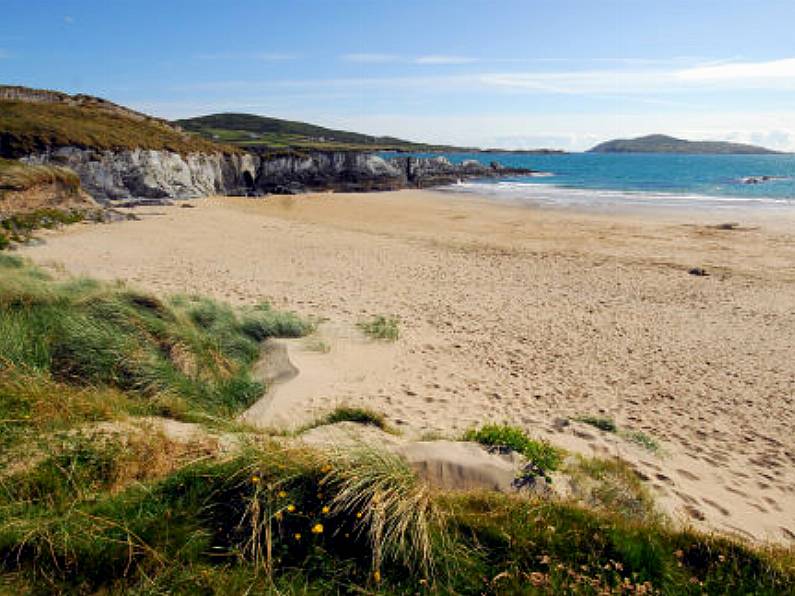Digital Desk Staff
The board of NatWest is set to make a decision on whether to wind down Ulster Bank in the Republic after more than 160 years in the market.
Sources told The Irish Times that this would result in a break-up of the lender's €20.5 billion loan book.
An announcement will be made by NatWest, formerly known as Royal Bank of Scotland (RBS), on Friday morning.
Wall Street investment bank Goldman Sachs, which has been advising NatWest on its strategic review into Ulster Bank’s future, is currently in talks with a number of businesses interested in the loan book including AIB, Permanent TSB and Irish non-bank lender Dilosk.
It remains unclear whether discussions with any of the businesses will be advanced enough for NatWest to announce a deal on Friday.
Overseas investment funds such as Cerberus and Lone Star are also understood to be interested in the Ulster Bank loan book.
Ulster Bank in the Republic has 2,800 employees, while a number of Ulster Bank Northern Ireland employees work to support the operation in the Republic.
Ulster Bank required a £15 billion (€17.3 billion) bailout from RBS during the financial crisis.
British taxpayers also paid £45 billion in supports to the wider group in 2008.
Ulster Bank's loan book has more than halved since then as the lender sold off problem loans and borrowers repaid debt at a faster rate than taking on fresh credit.
Mortgage market
Ulster Bank has about a 15 per cent share of the mortgage market, 20 per cent of small business (SME) lending and a strong corporate banking business.
This means its exit from the Irish market will be a lot more significant than the departures of overseas banks including Bank of Scotland and Danske Bank.
Ulster Bank’s €22 billion business and retail deposits book will also be a major challenge. Industry sources said negative interest rates are likely to rise as the remaining banks are inundated with unwanted Ulster Bank deposits.
Minister for Public Expenditure Michael McGrath told a Fianna Fáil parliamentary party meeting that the Government was very active on the Ulster Bank issue.
He said Government had engaged with the NatWest chair and the Chancellor of the Exchequer in the UK, and considered the impact on different scenarios that may emerge.












